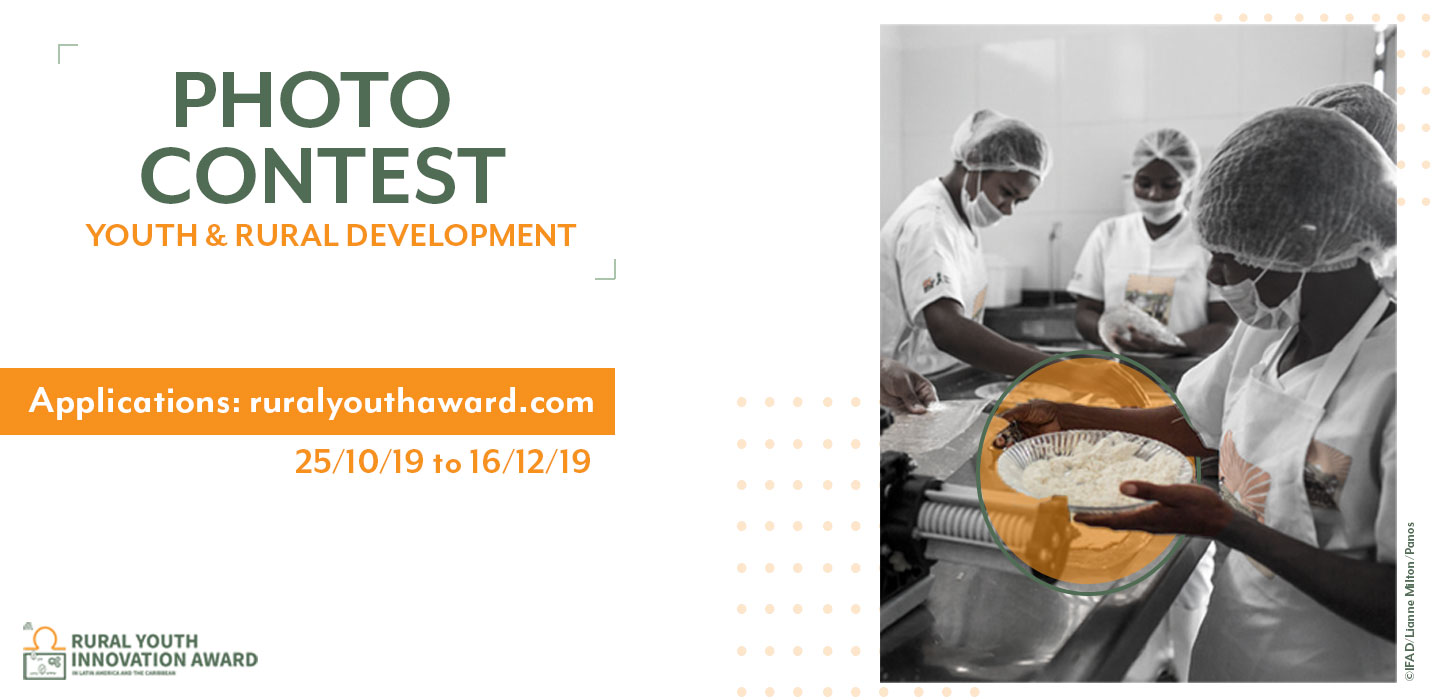Description of the programmes and application procedures
The following Master of Science degree courses are being offered in English for the 2020-21 Academic Year:
- MSc in Food Safety and Quality Engineering (Szent István University)
- MSc in Horticultural Engineering (Szent István University)
- MSc in Animal nutrition and feed safety (Kaposvár University)
Universities
The following universities and faculties are participating:
- Szent István University, Faculty of Food Science
- Szent István University, Faculty of Horticultural Science
- Kaposvár University, Faculty of Agricultural and Environmental Sciences
Conditions
Courses will be offered provided the minimum number of students is reached.
The scholarship will cover:
- application and tuition fees throughout the study period with basic books and notes;
- dormitory accommodation;
- subsistence costs;
- health insurance.
All of the above-mentioned costs are financed by the Hungarian Government, according to the Agreement between FAO and Hungary in 2007.
The scholarship covers student costs only; family members are not supported within the frame of this programme.
List of eligible countries
The scholarship covers student costs only; family members are not supported within the frame of this programme.
List of eligible countries
Residents (who must be nationals) of the following countries are eligible to apply for the Scholarship Programme:
Afghanistan, Albania, Algeria, Angola, Azerbaijan, Armenia, Bangladesh, Belarus, Bosnia and Herzegovina, Burkina Faso, Cambodia, Chad, Egypt, Ethiopia, Gambia, Georgia, Ghana, Jordan, Kazakhstan, Kenya, Kosovo*, Kyrgyzstan, Laos, Lebanon, Madagascar, Mali, Myanmar, Moldova, Mongolia, Montenegro, Namibia, Nigeria, North Korea, North Macedonia, Palestine, the Philippines, Republic of Cabo Verde, Serbia, Somalia, South Sudan, Sudan, Tajikistan, Turkmenistan, Uganda, Ukraine, Uzbekistan, Vietnam, Yemen.
Afghanistan, Albania, Algeria, Angola, Azerbaijan, Armenia, Bangladesh, Belarus, Bosnia and Herzegovina, Burkina Faso, Cambodia, Chad, Egypt, Ethiopia, Gambia, Georgia, Ghana, Jordan, Kazakhstan, Kenya, Kosovo*, Kyrgyzstan, Laos, Lebanon, Madagascar, Mali, Myanmar, Moldova, Mongolia, Montenegro, Namibia, Nigeria, North Korea, North Macedonia, Palestine, the Philippines, Republic of Cabo Verde, Serbia, Somalia, South Sudan, Sudan, Tajikistan, Turkmenistan, Uganda, Ukraine, Uzbekistan, Vietnam, Yemen.
*References to Kosovo shall be understood to be in the context of Security Council Resolution 1244 (1999).
Application and selection process
The selection process as described below applies to scholarships beginning in September 2020.
Student selection will take place in two phases:
Phase 1: FAO will pre-screen candidates and submit applications to the Ministry of Agriculture of Hungary that will send them to the corresponding University as chosen by the applicants. Students must submit only COMPLETE dossiers. Incomplete dossiers will not be considered. Files without names will not be processed.
Phase 2: Selected candidates may be asked to take a written or oral English examination as part of the admission procedure. The participating Universities will run a further selection process and inform each of the successful candidates. Student selection will be made by the Universities only, without any involvement on the part of FAO. Selected students will also be notified by the Ministry.
Phase 2: Selected candidates may be asked to take a written or oral English examination as part of the admission procedure. The participating Universities will run a further selection process and inform each of the successful candidates. Student selection will be made by the Universities only, without any involvement on the part of FAO. Selected students will also be notified by the Ministry.
Candidates will be selected on the basis of the following criteria:
- Citizenship and residency of one of the eligible countries
- Excellent school achievements
- English language proficiency (for courses taught in English)
- Motivation
- Good health
- Age (candidates under 30 are preferred)
Application procedure
Interested applicants should prepare a dossier to be sent by E-MAIL (to REU-Scholarship@fao.org) consisting of:
- Application form duly completed
- A recent curriculum vitae
- A copy of high school/college diploma and transcript/report of study or copy of the diploma attachment
- A copy of a certificate of proficiency in English
- Copies of relevant pages of passport showing expiration date and passport number
- A letter of recommendation
- Statement of motivation
- Health Certificate issued by Medical Doctor
- Certificate of Good Conduct issued by a local police authority.
All submitted documents must be in ENGLISH. Documents submitted in any other language will not be accepted. It is the applicant’s responsibility to ensure that documents are duly translated and certified by a competent office; and that each document is saved with a name that identifies what it is.
Deadlines:
Applications will only be considered if those are sent by email and arrive between
Applications will only be considered if those are sent by email and arrive between
15 January 2020 and 28 February 2020
Important notes
As the number of scholarships is limited, interested applicants are strongly encouraged to E-MAIL their applications as soon as possible.
Applicants who were not selected in previous years may re-apply to the 2021-2022 Programme. These applicants will have to submit the complete dossier once again by E-MAIL ONLY.
Applicants who were not selected in previous years may re-apply to the 2021-2022 Programme. These applicants will have to submit the complete dossier once again by E-MAIL ONLY.
Please note that the duration of the scholarship cannot be extended or postponed.
Please be informed that the master courses will only start if sufficient number of applications will be received.
A Scholarship Study Contract will be signed between the selected student and the Ministry of Agriculture of Hungary (MoAH), which is the donor of the program, at the time of first-semester registration.
Applicants wishing to explore external funding opportunities to cover the travel costs may do so at their own initiative. However, in view of the length of the process, applicants wishing to apply for 2020 scholarships are strongly encouraged to E-MAIL their application while they endeavour to identify funds or pending confirmation that such funds will be granted.
All queries concerning the programme or the application process should be E-MAILED to FAO at:
For details, pls read the related documents
Would you have additional questions, pls contact











